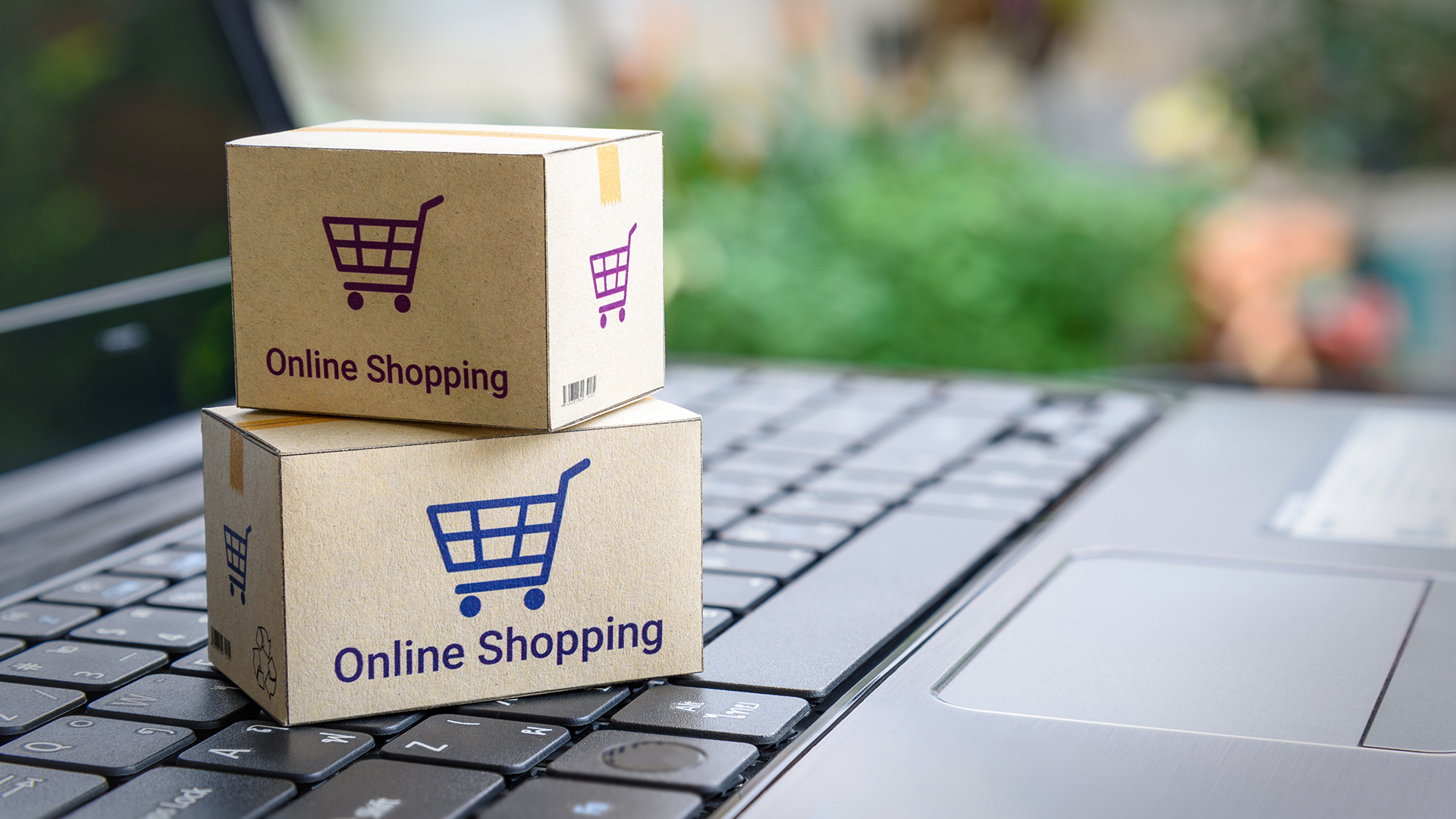Logistics Trends 2025: Navigating Challenges and Opportunities
- 7 January 2025
- 7 min to read
- 2051 views

At Meest, we’ve always believed that logistics is about more than just moving goods—it’s about building solutions that connect people, businesses, and possibilities. In 2025, the logistics industry continues to transform, where the balance between innovation, sustainability, and resilience will determine who thrives and who falls behind.
Let’s take a closer look at the trends shaping logistics this year and how Meest is addressing these challenges.
Sustainability Becomes Non-Negotiable
Sustainability is no longer a choice—it’s a necessity. Consumers are actively seeking conscious businesses which are following the goals of sustainable development. Logistic business can set goals related to responsible consumption and production, climate actions and infrastructure innovation together with sustainable urban transport systems.
Opportunities:
- Constant optimization of delivery routes to reduce fuel consumption.
- Supporting circular economy principles, such as reusable packaging and materials.
- Transition to electric and hybrid delivery vehicles to lower emissions.
- Use eco-friendly and recyclable packaging to meet customer expectations.
- Introduce carbon offset programs, allowing customers to compensate for CO2 emissions, similar to what’s offered when booking flights.
- Optimize packaging and reduce return rates—a delicate balance where fewer returns benefit the environment but may be less user-friendly.
Additionally, using parcel lockers as delivery points has emerged as an eco-friendly solution. By consolidating deliveries, postomats significantly reduce emissions and enhance last-mile efficiency.
Sustainability not only reduces environmental impact but also strengthens brand loyalty. Businesses investing in green logistics are setting themselves apart in competitive markets.
Building Resilient Supply Chains
The last few years have highlighted the importance of resilient supply chains. From geopolitical disruptions to natural disasters, the ability to adapt quickly has become a critical factor for success.
How to Strengthen Resilience:
- Diversify suppliers to reduce reliance on a single source and have more options for better solutions.
- Use digital twins to simulate supply chain scenarios and anticipate challenges.
- Enhance visibility across the supply chain with real-time tracking tools.
Resilience is not just about managing risks but also about creating opportunities to improve operational efficiency and customer satisfaction.
Evolving Workforce Dynamics in Logistics
As automation takes over repetitive tasks, the logistics workforce is evolving to meet the demands of a tech-driven industry. Collaborative robots (cobots) are increasingly working alongside employees in warehouses, enhancing efficiency and reducing manual strain.
However, seasonality creates unique challenges for the workforce. During peak seasons, additional staff are often needed, but traffic can drop significantly within a few months, leaving businesses unsure of how to handle the surplus. Automation provides a critical solution to these fluctuations, optimizing resource management while maintaining operational efficiency.
"One of the key challenges in logistics is seasonality. During peak periods, we need to scale up our workforce, but after two or three months, traffic drops, and we face challenges in managing excess staff. Automation plays a pivotal role in addressing these issues by streamlining human resource management and ensuring high efficiency year-round." — Oleksandr Vaulin, Logistics Operations Director
Companies are also investing heavily in training programs to boost digital literacy, ensuring their teams can operate advanced technologies and leverage data for decision-making. By blending human expertise with technological capabilities, businesses are not only optimizing operations but also fostering a skilled and adaptable workforce that remains essential for driving innovation in logistics.
Looking Ahead: The Future of Logistics in 2025
The logistics industry in 2025 is defined by its ability to balance sustainability, technology, and resilience. Companies that embrace these trends will not only overcome challenges but also unlock new opportunities to grow and innovate.
At Meest, we’re dedicated to delivering solutions that help businesses navigate this evolving landscape. Whether it’s optimizing delivery routes, integrating cutting-edge technology, or reducing environmental impact, we’re here to help our partners thrive in a rapidly changing world.
Ready to redefine your logistics strategy for 2025? Let’s move forward—together.




